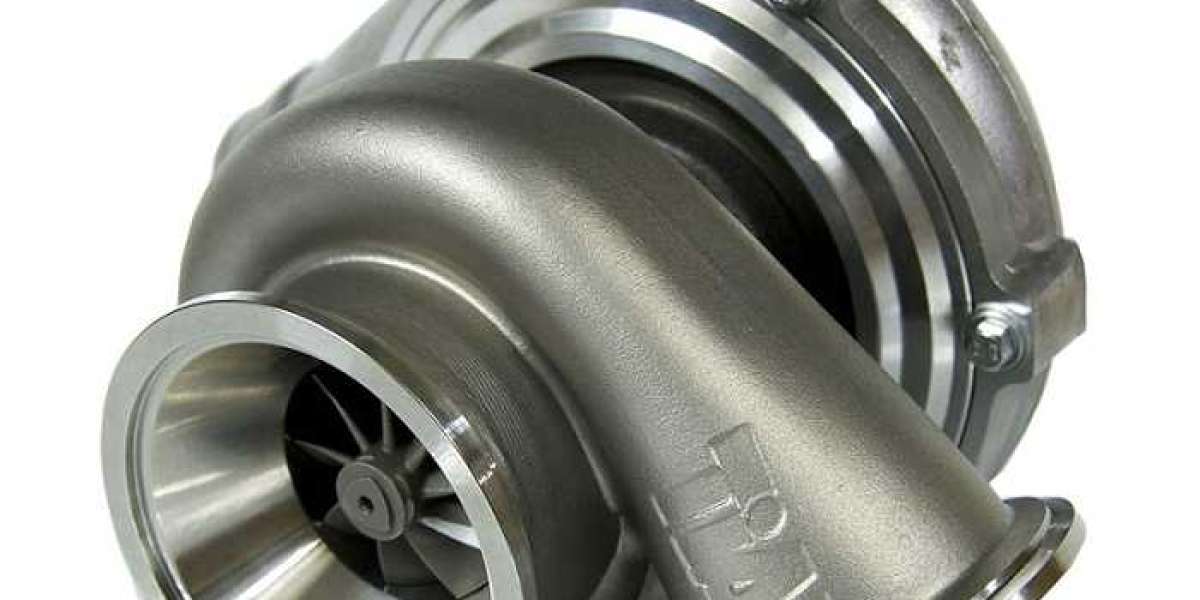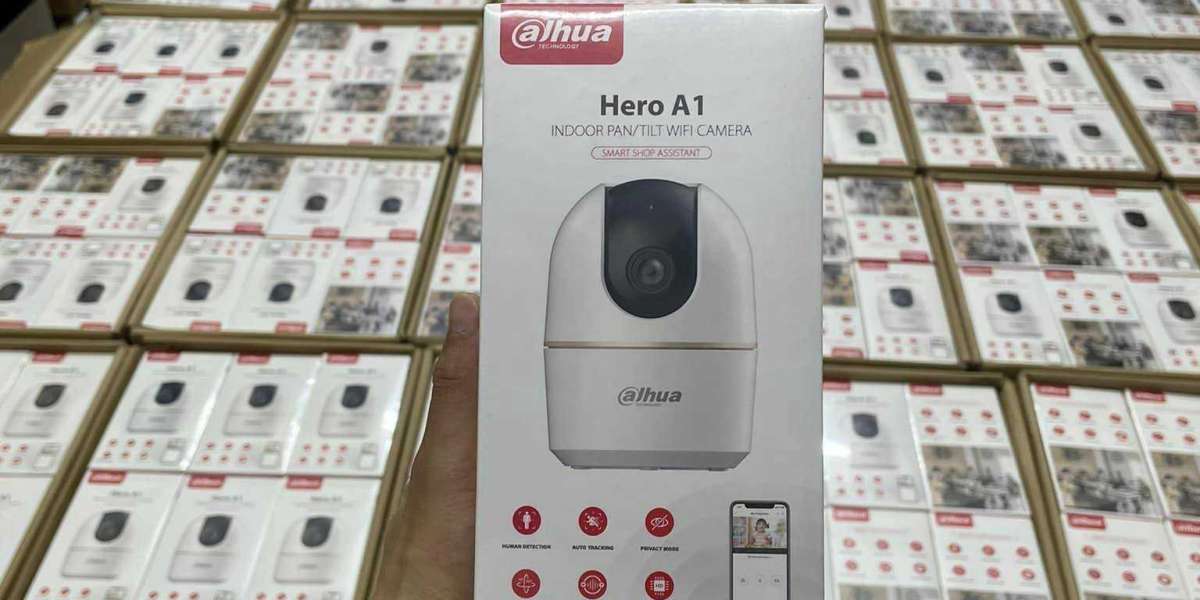In recent years, implantable hardware has revolutionized the medical industry, offering unprecedented solutions for various health conditions. This article delves into the advancements in implantable hardware, highlighting its impact on healthcare and future prospects.
What is Implantable Hardware?
Implantable hardware refers to medical devices that are surgically placed inside the body to monitor, treat, or replace biological functions. These devices range from pacemakers and cochlear implants to more advanced neurostimulators and bioengineered tissues. But what makes these devices so transformative?
Advancements in Implantable Hardware
The field of implantable hardware has seen significant advancements, driven by innovations in materials science, miniaturization, and wireless technology. These advancements have led to more efficient, durable, and biocompatible devices.
"The integration of wireless technology in implantable hardware has enabled real-time monitoring and remote adjustments, significantly improving patient outcomes." - Dr. Jane Smith, Biomedical Engineer
Materials and Biocompatibility
One of the key advancements is the development of biocompatible materials that reduce the risk of rejection and infection. For instance, titanium and certain polymers are now commonly used due to their compatibility with human tissue.
Miniaturization and Efficiency
Another critical area of progress is the miniaturization of devices. Smaller devices mean less invasive procedures and quicker recovery times for patients. Moreover, these devices are becoming more energy-efficient, extending their operational lifespan.
Impact on Healthcare
The impact of implantable hardware on healthcare is profound. These devices not only improve the quality of life for patients but also provide valuable data for medical research and treatment optimization.
- Enhanced Patient Monitoring: Continuous monitoring of vital signs and other health metrics.
- Personalized Treatment: Tailored therapies based on real-time data.
- Reduced Hospital Visits: Remote adjustments and monitoring reduce the need for frequent hospital visits.
Future Prospects
What does the future hold for implantable hardware? The possibilities are endless, with ongoing research focusing on integrating artificial intelligence and machine learning to create smarter, more adaptive devices.
AI and Machine Learning
AI and machine learning are set to play a crucial role in the next generation of implantable hardware. These technologies can analyze vast amounts of data to predict health issues before they become critical, offering proactive healthcare solutions.
Bioengineered Tissues
Another exciting development is the use of bioengineered tissues. These tissues can potentially replace damaged organs, offering a permanent solution to chronic conditions.
Conclusion
In conclusion, the advancements in implantable hardware are paving the way for a new era in healthcare. From improved biocompatibility to the integration of AI, these innovations promise to enhance patient care and treatment outcomes significantly.
For more information, check out this video on the latest advancements in implantable hardware.
References








